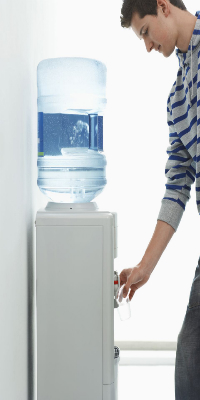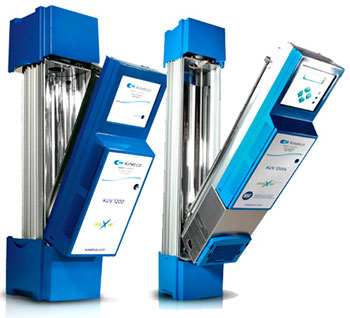If you have hard water in your house or business, there are going to be a couple of different problems that arise. For one, hard water can damage your pipes over time, as the minerals that are dissolved in the water will build up on the surface of the pipes. Furthermore, the minerals in the water will build up on the surfaces of your fixtures and in the sink or bath tub. Finally, hard water makes it more difficult to clean with the water. It can also taste funny in some contexts. Here are some methods for and benefits of water softening.
Activated Charcoal
Water is defined as hard when it has a certain amount of minerals dissolved into it. A low level of minerals can be beneficial, but higher levels can be harmful. If your water is hard, one of the most common methods for softening it is simply using activated charcoal. This is the same method used in consumer water filtration you attach to your faucet. Charcoal has so many facets that each piece of charcoal has an incredible amount of surface area. The charge of that surface area will attract the molecules in your water that are hardening it. This results in water softening in Cape May County, NJ. In addition to filtration, you can invest in a water softener.
Water Softeners
Water softeners are the most effective solution for water softening, however, many of them render the water undrinkable. A water softener often works by forcing some of the calcium and lime out of the water by replacing it with sodium. This results in water that’s great for laundry loads, but that is fairly salinated. Depending on your water usage, you might only need to soften water for washing things and not for drinking. In other situations, you might need a softener as well as a filter.
Check out southjerseywater.com to see what kinds of softening solutions are available.

